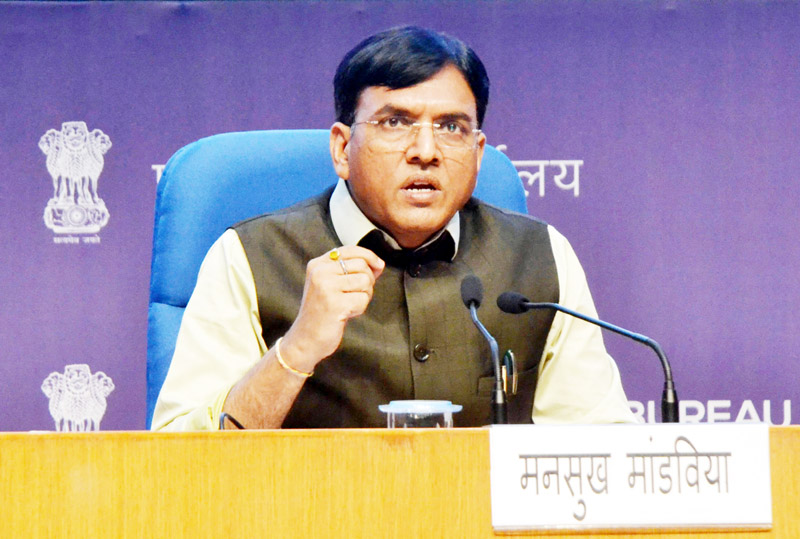NEW DELHI, Dec 1: The Government on Wednesday moved the Assisted Reproductive Technology (Regulation) Bill which proposes establishment of a national registry and registration authority for all clinics and medical professionals serving in the field.
Moving the Bill for consideration and passage in Lok Sabha, Health Minister Mansukh Mandaviya said the Bill was tabled in Parliament in September 2020 and the lower House referred it to the Standing Committee.
Many suggestions came from the Standing Committee and government has considered those recommendations, he said.
The Standing Committee Report on the Bill was submitted in March this year.
The Assisted Reproductive Technology (Regulation) Bill, 2020 seeks for the regulation and supervision of the assisted reproductive technology (ART) clinics and the assisted reproductive technology banks, prevention of misuse, safe and ethical practice of assisted reproductive technology services and for matters connected therewith or incidental thereto, be taken into consideration.
“Many such ART clinics have been running in the country without regulation. Need was felt for regulation of such clinics as it has implication on health of those who undertake the procedure,” he said.
Initiating debate on the Bill, Karti Chidambaram (Congress) said this law is a Victorian law as it is not all encompassing.
It excludes those who could not afford this expensive procedure for a baby and the government should consider supporting poor childless parents for taking help of ART, Chidambaram said.
He also suggested that the government should consider including lesbian, gay, bisexual, or transgender (LGBTQ).
Heena Gavit (BJP) said the Bill seeks to set minimum standards and codes of conduct for fertility clinics and egg/sperm banks.
It also proposes stringent punishment for those practising sex selection and sale of human embryos or gametes.
She said about 80 per cent ART clinics are not registered and the Bill will ensure strict adherence to guidelines.
“Ensuring confidentiality of the commissioning couples, women and donors will also be done under the aegis of this proposal of the Cabinet. The Bill also has a provision that those involved in trafficking and sale of embryos will be fined Rs 10 lakh at first instance and in second instance the person could be imprisoned for up to 12 years,” she added. (PTI)
Trending Now
E-Paper


